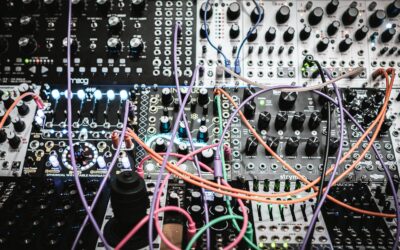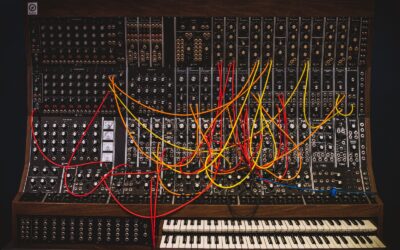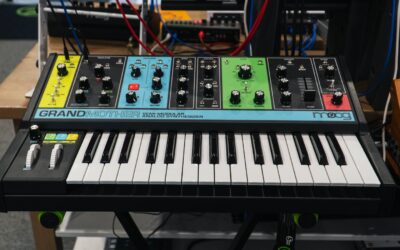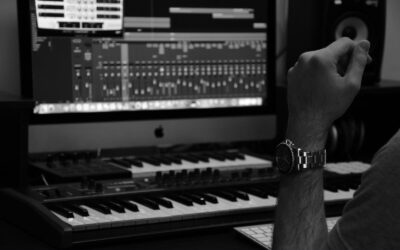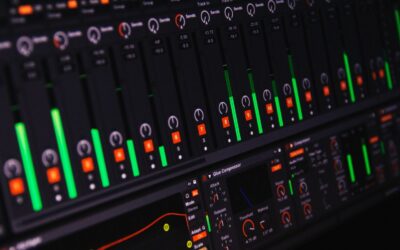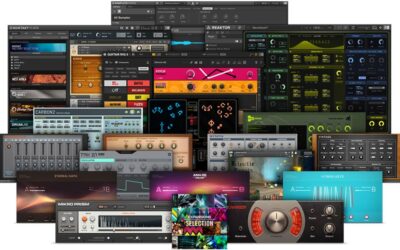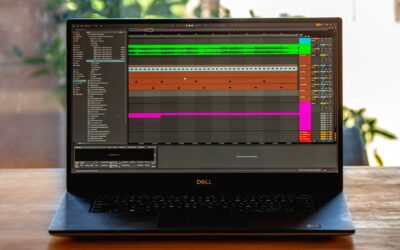The ADSR envelope is a versatile tool that can be used to shape the amplitude or volume of a sound in many different ways. For example, a fast attack and release time can be used to create percussive sounds, while a slow attack and decay time can be used to create pad...
Sound design – Components of a synthesizer
A synthesizer is an electronic instrument that generates and manipulates sound. It consists of various components that work together to produce a wide range of sounds. Here are the main components of a synthesizer: 1. Sound source: This is where the sound originates...
Sound design – Synthesis methods
There are several synthesis methods used in sound design and music production, each with its unique approach and characteristics. In this answer, we will explain six different synthesis methods: Additive Synthesis, Subtractive Synthesis, Wavetable Synthesis, AM...
What is CV?
CV (Control Voltage) is a type of analog signal used in synthesizers to control different parameters of the sound. It is essentially an electrical voltage signal that is used to control a parameter or feature of a synthesizer module or circuit, such as the pitch of an...
Analog vs Digital Synthesizers
Analog and digital synthesizers differ in how they produce sound and the components used in their design. Analog Synthesizers Analog synthesizers generate sound using analog circuits that produce electrical signals which are then amplified and output as sound. Because...
What is Synthesizer?
A synthesizer is an electronic musical instrument that generates sound by creating and manipulating electrical signals. Synthesizers can produce a wide range of sounds, from traditional analog synthesizer sounds to more complex and unique digital sounds. A synthesizer...
Audio editing tools explained
There are several tools in audio editing software that can be used to edit unwanted sounds from a recording. Here are some commonly used tools: Cut and Delete: The cut and delete tools are used to remove unwanted sections of audio from the recording. This is done by...
What to do in post processing?
Post-processing is an important phase of audio production, where the recorded or tracked audio is refined, enhanced and made ready for final delivery. Here are some common steps to follow in post-processing: Editing: The first step in post-processing is to edit the...
What is Sound stage?
In audio post-processing, the soundstage refers to the spatial positioning and localization of individual sound sources within a stereo or multichannel mix. It is the sense of depth, width, and height that the listener experiences when listening to a recorded or...
How to choose between Native Instruments VST?
Native Instruments offers a wide range of VST plugins, each with their own unique features and capabilities. Choosing the right plugin for your needs can depend on several factors, including the type of music you produce, the specific sound you are looking for, and...
What is ‘Virtual Instrument’?
A virtual instrument, also known as a software instrument, is a type of computer software that emulates a traditional musical instrument or creates new sounds that cannot be produced by traditional instruments. Virtual instruments are typically used in digital audio...
What is DAW?
DAW stands for Digital Audio Workstation. It is a software application used for recording, editing, mixing, and producing audio and music on a computer. A DAW typically includes a graphical user interface (GUI), digital audio recording and playback capabilities, and...



